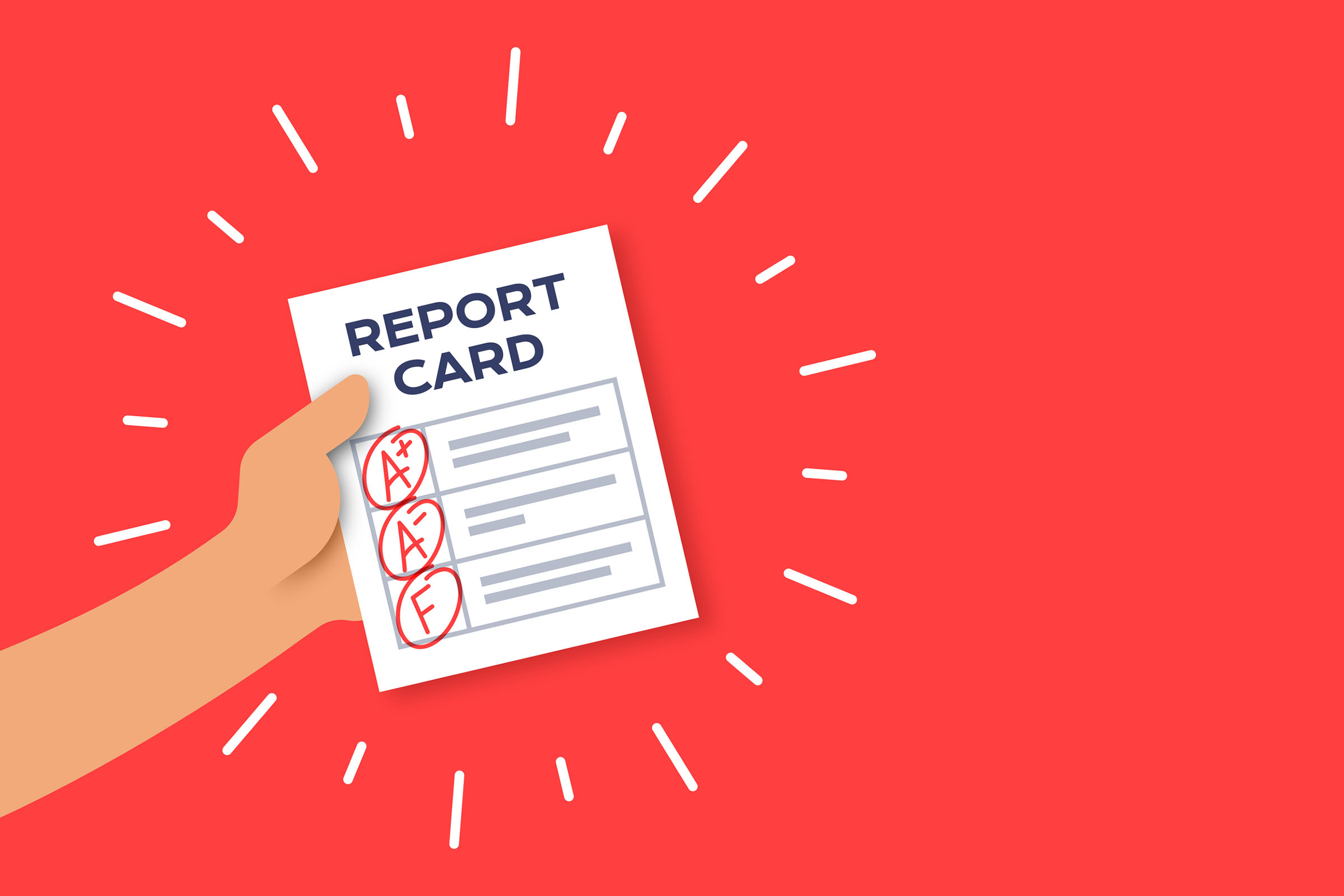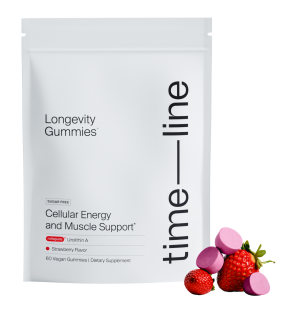Your doctors know a lot. They are among the most highly-trained professionals, often undergoing 8-15 years of intense post-graduate education. They endure rigorous testing and certification, and have to continually keep up with reams of new information as advances proceed apace in their chosen fields of specialization.
 That can be intimidating, especially when you’re baffled and confused about a new medical challenge confronting you.
That can be intimidating, especially when you’re baffled and confused about a new medical challenge confronting you.
But in certain important respects, doctors know less than you about your health. Here are some ways in which your wisdom is likely to outstrip that of your physician:
1) You’re smarter than your doctor thinks. Your distrust of medical recommendations does not necessarily stem from ignorance. You’re a critical consumer, so you ask questions. Doctors are naturally a little disdainful of “lesser mortals” who don’t have as much schooling as they do. But the average car mechanic, homemaker, or IT person is usually pretty proficient in real-world skills. If presented the options in a user-friendly way, you’re fully capable of making medical decisions that are right for you and your family.
2) You’re probably a better authority on “health.” Your doctor is likely to have less time to learn about and explore natural approaches to wellness than you. Plus, the indoctrination process of medical training is liable to close his or her mind to solutions lying outside conventional treatment paradigms. Few doctors have taken the time to personally explore meditation, acupuncture, homeopathy, special diets, herbal medicine, vitamins and minerals, yoga, or other complementary methods. They don’t even read the health books you enjoy! Most of what they know about alternatives comes from skeptical articles in medical journals. If you bring up these subjects with your doctor, you’re likely to draw a blank.
3) Side effects are real. Many doctors are dismissive of side effects that patients report. They’ll chock it up to coincidence, and encourage you to soldier on. But side effects of drugs are vastly under-reported. Sometimes, after years of study, it turns out that patients were right, and special cautions are placed on medications, or they are banned altogether. I sometimes wonder if things would change if, during medical school, doctors-in-training were required to take–for just a week at a time–each and every drug they were learning to prescribe.
4) Nutrition matters. Yes, doctors learn this, and pay lip service to this principle, but few accord it real importance, or personally embody it, believing instead in the power of drugs and surgery to address health problems. You, on the other hand, are likely to embrace nutrition more than your doctor, having yourself experienced the efficacy of targeted diet and supplement recommendations. So you will find nutritional advice sorely lacking when you most need it from your health professional.
5) Lifestyle is important. Along similar lines, the harsh demands of medical practice and training make it less likely that your physician will have learned to lead a balanced lifestyle, a critical component of health and longevity. Don’t bother asking your doctor about the benefits of adequate sleep; he or she is probably sleep-deprived. Is your doctor suffering from burnout? How have they learned to cope with stress? Do they schedule downtime? Hobbies? Exercise? Fulfilling relationships? Spiritual or religious practices? Do they even enjoy their work anymore? Many doctors are too beleaguered to be exemplars in these areas.
6) One-size doesn’t fit all when it comes to medication. Medications often come with dosage instructions based simply on age or weight. But your metabolism is unique, and you might feel either under-dosed or blown away by your doctor’s Rx. It’s only now that doctors are becoming aware of these inter-individual variations. Only YOU can tell your health practitioner what’s right for you. In some instances, you may need to ask your doctor for a custom-compounded medication.
7) It’s not just “all in your head.” When test results are repeatedly negative, and symptoms don’t fit convenient therapeutic boxes, doctors tend to relegate them to psychiatric diagnoses. Elusive conditions are often branded “psychosomatic.” But you may know better. Just because your complaints are off the standard medical map doesn’t mean your condition is any less “real.”
8) Sometimes doing nothing is better than doing something. “Don’t just stand there . . . ” goes the old adage. And doctors are action-oriented, confident of their methods. They may suggest you’re in denial if you balk. But if a proposed treatment seems unnecessarily risky or invasive, you may want to invoke your body’s vast innate healing resources to combat a problem. If you recover, your doctor is likely to claim a “spontaneous remission.” You, however, will know better.
9) Just listening is often just as good as an Rx. Although the sina qua non of a medical appointment is a prescription handed to the patient, I often find that the most productive encounters involve careful listening. There is enormous therapeutic value in just being heard. You are more likely than your doctor to accord mere communication the high priority it deserves.
10) “No, doctor, I’m NOT ok.” “Everything checks out,” says your doctor. “You’re fine.” But you know your body, and something’s wrong. Don’t take “no” for an answer–the cause of your malaise may be elusive, but stick to your guns. Eventually, with enough tenacity and ingenuity, you’re likely to find the answers that work for you.
11) Supplements work. Trained in an environment that is outright contemptuous of supplements, your doctor probably won’t be of much help here. The health websites you visit, the books and magazines you read, the radio shows you listen to, are likely to represent a “busman’s holiday” for your overworked doctor. Unfortunately, even the average enlightened layperson’s knowledge of supplement innovations outstrips that of most medical professionals.
12) Do you really need all those tests? Your doctor wants you to undergo a test. But of what consequence will the results be? Will they change your course of action? Are there side effects of the test? What if you delay or forego the test? People are different stylistically. Some really benefit from frequent “report cards” about their health; others are daunted by all that information. Make sure that test your doctor orders for you doesn’t put you on a conveyor belt toward additional tests and procedures you don’t want to undergo, unless absolutely necessary.
13) How you want to die. Only you know. Without guidance from you, your doctor’s job is to go “full court press”–whether you like it or not. Make sure you fully communicate your wishes via an advanced directive and appoint a trusted patient advocate to implement your preferences. Default mode may leave you languishing in an intensive care unit or sustained unnaturally on a respirator or with a feeding tube in your side. It’s your call.
14) There’s a self-care revolution going on. Your doctor may not have awakened to it, or may dismiss it as a nuisance, but a sea-change is underway in the once-patriarchal doctor-patient relationship.
Medicine now calls for a more collaborative interaction. If this article resonates for you, you are likely further along in acceptance of the new paradigm than your doctor.






